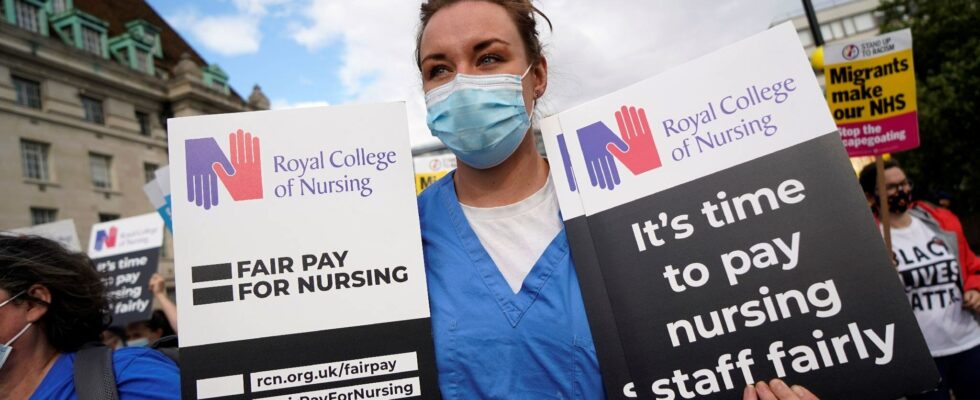He promises “the biggest overhaul” of the British public health system since its creation, based on three axes: the shift to digital, the development of outpatient care and prevention. On Thursday, September 12, the new British Prime Minister, Keir Starmer, is due to give a speech on the National Health Service (NHS), the country’s free health care system, while a report, published the day before, warns of its “critical state”.
Written by Ara Darzi, a surgeon and member of the House of Lords, the 142-page report, the result of a nine-week investigation, found that the NHS had deteriorated over the past 15 years and was in “decrepitude” due to a “harsh” austerity programme initiated by the Conservatives in the 2010s. Professor Darzi, who himself spent three decades in the NHS, said he was “shocked” by what he had found, including “crumbling buildings, mental health patients housed in vermin-infested Victorian cells”, long waiting times for operations and an under-provision of MRI scanners compared to other European countries.
Falling productivity
The report also highlights the rise in the number of patients with long-term conditions, such as diabetes and high blood pressure, which is putting the NHS under strain. And while the number of hospital staff increased by 17% between 2019 and 2023, the number of appointments, operations and procedures “has not increased at the same rate and productivity has fallen as a result”. “The dire state of social care means that 13% of NHS beds are occupied by people waiting for social care or care in more appropriate settings,” Dr Darzi also said. The stakes are even higher as rising levels of illness are putting economic prosperity at risk, with 2.8 million people unable to work due to ill health.
The findings will come as little surprise to Britons, whose satisfaction with the health service is “at its lowest level ever,” the paper notes, after peaking in 2009. “People have every right to be angry,” Starmer said, according to an excerpt from his upcoming speech. “Not just because the NHS affects us all personally, but because some of these failures are a matter of life and death.”
Funded by general taxation and payroll deductions, medical care in Britain is delivered to patients without the exchange of money, with a few exceptions such as dental care and prescription drugs. In February 2023, tens of thousands of carers and ambulance workers took part in the largest strike in the history of the NHS, already in order to alert on the institution’s setbacks.
